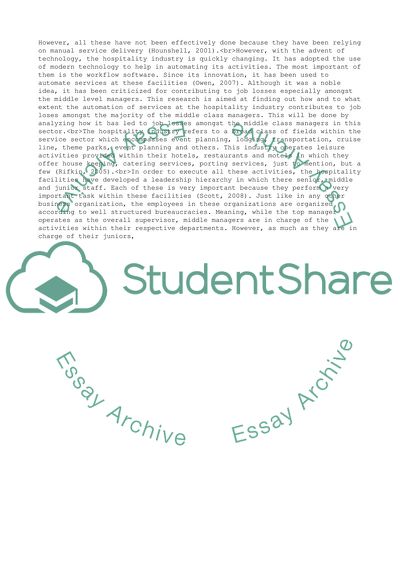Cite this document
(Can Middle Managers Be Eliminated By Workflow Software Research Paper, n.d.)
Can Middle Managers Be Eliminated By Workflow Software Research Paper. https://studentshare.org/management/1818155-can-middle-managers-be-eliminated-by-workflow-software
Can Middle Managers Be Eliminated By Workflow Software Research Paper. https://studentshare.org/management/1818155-can-middle-managers-be-eliminated-by-workflow-software
(Can Middle Managers Be Eliminated By Workflow Software Research Paper)
Can Middle Managers Be Eliminated By Workflow Software Research Paper. https://studentshare.org/management/1818155-can-middle-managers-be-eliminated-by-workflow-software.
Can Middle Managers Be Eliminated By Workflow Software Research Paper. https://studentshare.org/management/1818155-can-middle-managers-be-eliminated-by-workflow-software.
“Can Middle Managers Be Eliminated By Workflow Software Research Paper”. https://studentshare.org/management/1818155-can-middle-managers-be-eliminated-by-workflow-software.


